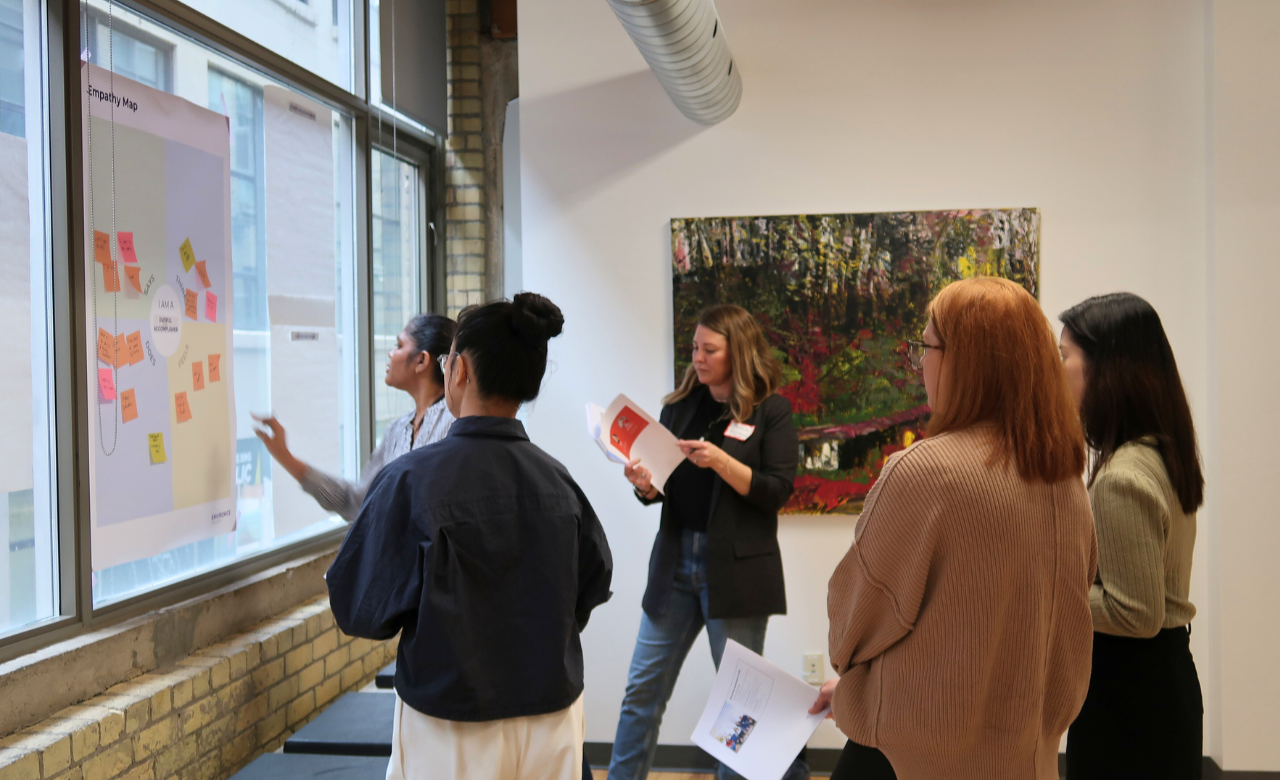
New Survey Reveals The Diversity Of Canada’s Millennial Generation Through Their Social Values
The results show that Millennials cannot be lumped into a single group defined by their age, or by other demographic characteristics such as gender, region or socio-economic status. They are a diverse part of the Canadian society, made up of six social values “tribes”, each reflecting a distinct worldview and approach to life. While Millennials may share some common experiences and aspirations as befits their stage in life, there are notable differences in outlook and life path across these tribes, be they “Engaged Idealists,” “Bros and Brittanys,” or “Lone Wolves.”
The results show that Millennials cannot be lumped into a single group defined by their age, or by other demographic characteristics such as gender, region or socio-economic status
J.W. McConnell Family Foundation
514-288-2133 ext. 229
shuddart@mcconnellfoundation.ca
Find out how Environics can help your organization
Related insights



Toronto
366 Adelaide Street West
Suite 101, Toronto, ON
Canada M5V 1R9
416 920 9010
Ottawa
135 Laurier Ave W.
Ottawa, ON
Canada K1P 5J2
613 230 5089
Calgary
421 7th Ave SW
Suite 3000, Calgary, AB
Canada T2P 4K9
403 613 5735
